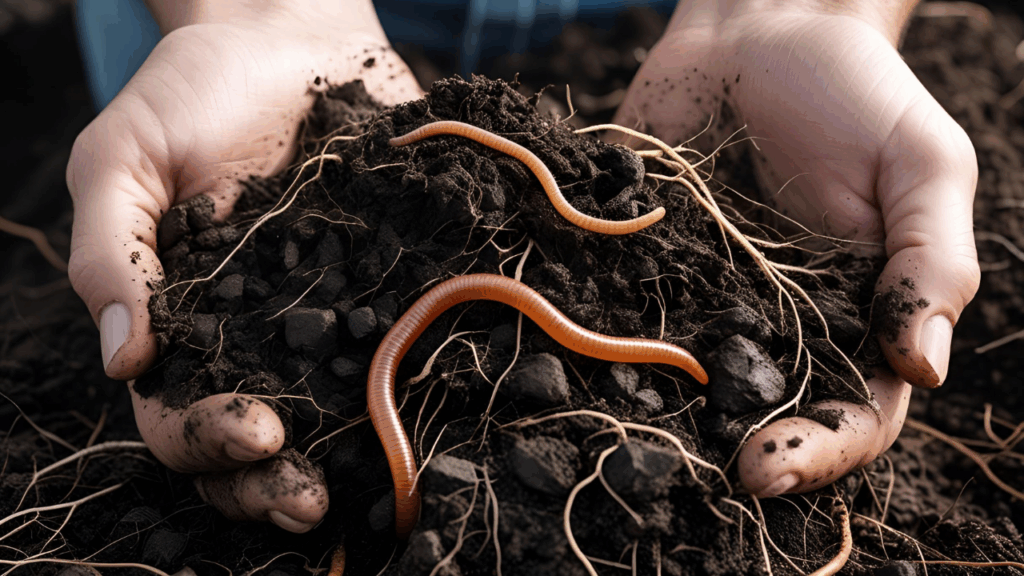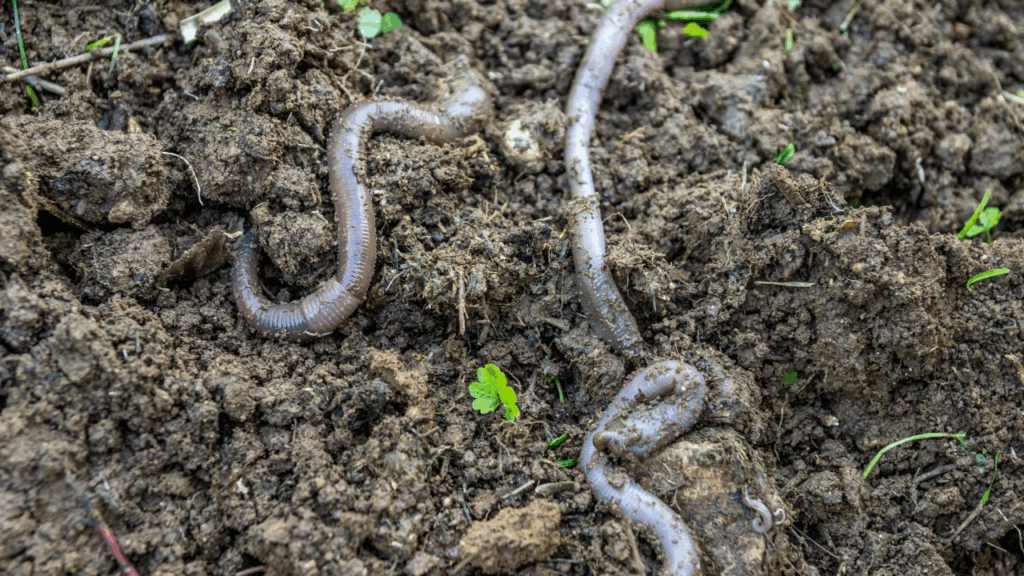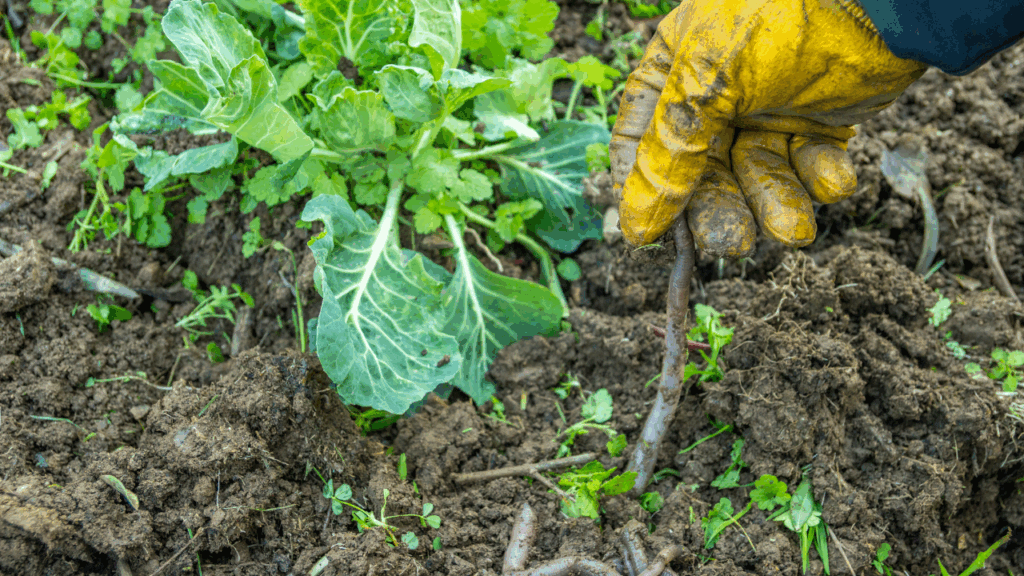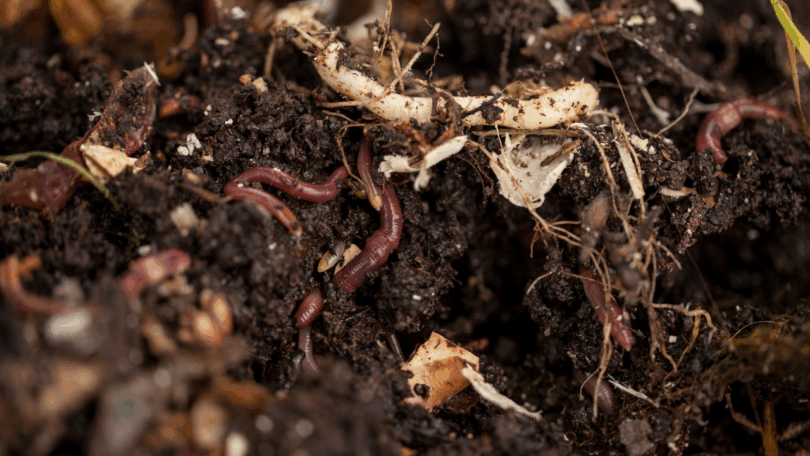We often think of healthy ecosystems in terms of forests, oceans, and wildlife. But beneath your feet lies an invisible powerhouse — soil microbes — quietly driving the planet’s natural systems. These tiny lifeforms are some of the most overlooked, yet essential, allies in climate stability, crop health, and biodiversity.
Let’s dig into why soil microbes matter, how they work, and what you can do to help them thrive.
What Are Soil Microbes and Why Are They So Important?

Soil microbes include bacteria, fungi, protozoa, and nematodes — and they are essential to life on Earth. In just one teaspoon of healthy soil, there can be billions of microorganisms.
These tiny organisms:
- Break down organic matter into nutrients plants can absorb
- Fix nitrogen, turning it into a usable form for crops
- Suppress harmful pests and pathogens naturally
- Create soil structure, which helps retain water and prevent erosion
Think of them as the engine room of the ecosystem — mostly unseen, but absolutely vital.
The Microbiome Beneath Your Garden
Just like your gut has a microbiome, so does the soil. This underground community needs balance to function well. The more diverse and active your soil microbiome, the more resilient and productive your plants and the environment become.
| Microbe Type | Key Role in Soil Health |
|---|---|
| Bacteria | Decompose organic matter, cycle nutrients |
| Fungi | Form symbiotic relationships with roots |
| Protozoa | Eat bacteria and release nutrients |
| Nematodes | Feed on fungi, bacteria, and other microbes |
Fungi, in particular, are masters of survival. They often form partnerships with plants and even release specific scents to attract or repel organisms. How Plants and Fungi Use Rotting Odors to Survive is a fascinating look at how scent plays a surprising role in underground life.
Microbes and Their Role in the Ecosystem

Soil microbes don’t just benefit your backyard. They play a major role in global climate regulation and natural resilience.
Here’s what they help do:
- Capture carbon through decomposition and soil formation
- Cycle nutrients that support plants, animals, and humans
- Improve water infiltration, reducing the risk of floods and droughts
- Support plant biodiversity, which benefits pollinators and wildlife
Want to explore more on the science of soil health?
Check out this guide on Soil Microbiology from the USDA Natural Resources Conservation Service.
How You Can Support Soil Microbial Health

Yes, you can actually help these microbes thrive, whether you’re a farmer, gardener, or eco-conscious citizen.
Here’s how:
- Stop over-tilling: It destroys microbial habitats.
- Add compost and organic matter: Food for microbes.
- Avoid synthetic pesticides and fertilizers: These harm beneficial species.
- Plant cover crops: Keeps soil active and fed year-round.
- Limit soil compaction: Reduces oxygen flow and microbial activity.
Simple changes lead to powerful ripple effects — both locally and globally.
Final Thoughts
Soil microbes may be small, but their impact is massive. They are the foundation of every thriving ecosystem, from a forest floor to your backyard garden. By supporting microbial life, we’re investing in better food, cleaner air, and a more balanced planet.
Healthy soil isn’t just about dirt, it’s about life, and that life starts with microbes.









